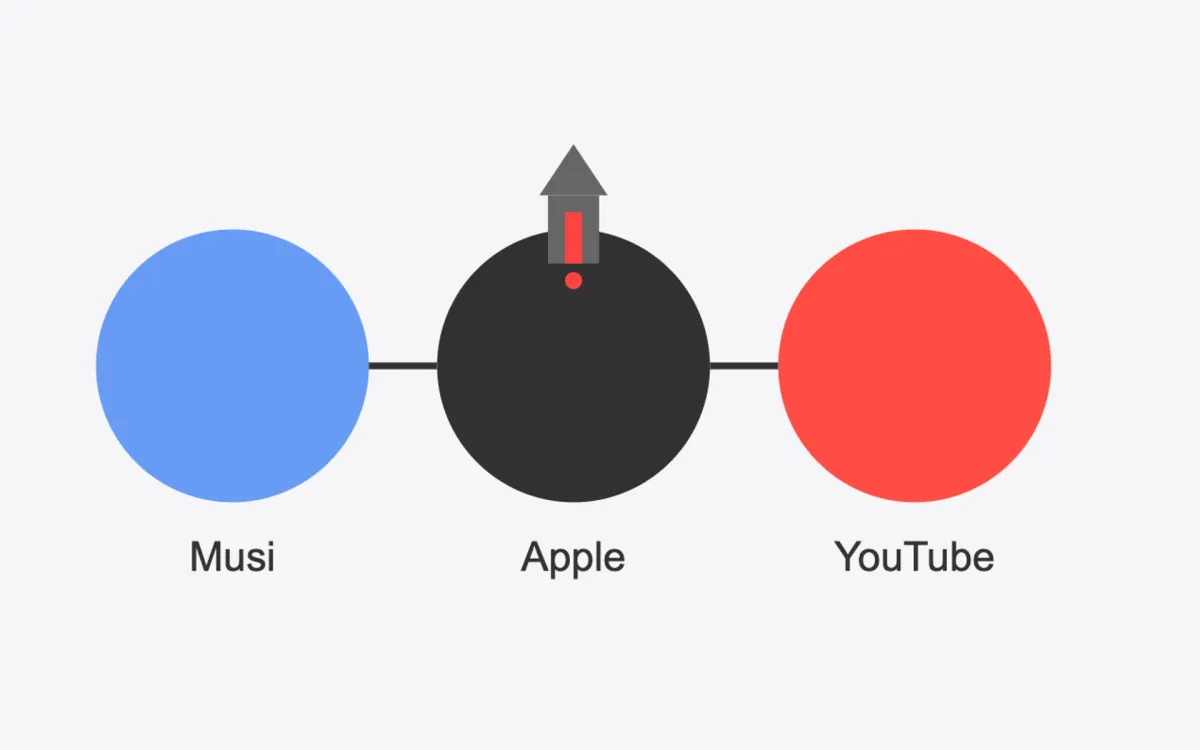
A contentious legal battle has erupted between music streaming app Musi and tech giant Apple, after Apple removed the popular app from its App Store on September 24, 2024, following intellectual property complaints from YouTube. According to court documents filed in the Northern District of California on October 2, 2024, Musi is seeking immediate reinstatement to the App Store and monetary damages, claiming Apple breached its developer agreement and failed to properly investigate YouTube's claims.
The lawsuit, filed under case number 5:24-cv-06920, highlights the complex relationship between app developers, platform providers, and content owners in the digital streaming landscape. Musi, a Canadian corporation based in Manitoba, has built a significant user base since its launch, reportedly generating substantial advertising revenue by providing users with enhanced functionality to interact with publicly available YouTube content.
The origins of the dispute trace back to 2015, when Musi first engaged in sporadic dialogue with YouTube regarding its operations. The situation intensified in April and May 2021, when YouTube's outside counsel raised specific concerns about Musi's functionality, questioning its access to non-public interfaces, commercial use of YouTube's service, and potential violations of advertising restrictions on YouTube content.
Musi maintains it addressed all these concerns comprehensively, demonstrating that it neither accessed non-public interfaces nor violated YouTube's terms of service. The company continued operating without incident from May 2021 through September 2024, processing content through what it describes as "proprietary user interface components" without directly storing or transmitting YouTube videos.
The current crisis began on August 8, 2024, when Apple notified Musi of YouTube's complaint, which consisted of just five words: "violating YouTube Terms of Service." Musi responded promptly on August 12, characterizing the accusations as "unsubstantiated." Despite Musi's attempts to resolve the situation, YouTube claimed on September 6 that Musi had failed to initiate contact, leading to Apple's decision to remove the app from its store on September 24.
The scale of Musi's operation becomes apparent through recent financial reports, which indicate the company generated approximately $100 million in advertising revenue between January 2023 and Spring 2024. With about ten employees, the app had amassed 66 million downloads before its removal, generating $2 million in advertising revenue from the Asia-Pacific region and $9 million from North America in February 2024 alone.
The legal challenge centers on two main claims. First, Musi alleges breach of contract, citing violations of multiple sections of the Developer Program License Agreement, particularly Schedule 1 § 6.3, Schedule 2 § 7.3, and Schedule 3 § 7.3. These provisions require Apple to have "reasonable belief" of infringement before removing an app. Second, Musi claims Apple breached its covenant of good faith and fair dealing by failing to ensure YouTube substantiated its complaints and ignoring evidence of Musi's attempts to resolve the dispute.
Industry organizations have taken sides in the conflict. The National Music Publishers' Association (NMPA) and IFPI have supported YouTube's position, with the NMPA alleging that Musi used multiple API tokens to exceed YouTube rate limits and overlaid its own ads over YouTube's advertising.
The removal has significantly impacted users, who, while retaining access on existing devices, cannot transfer the app to new ones. Reddit communities report an increase in fake Musi apps, while many users are delaying iPhone updates to maintain access to their curated playlists.
This case carries broader implications for the tech industry, potentially establishing precedents regarding platform removal procedures, developer rights protection, content aggregation legitimacy, and fair use boundaries in digital streaming. The resolution could significantly influence how app stores handle similar disputes in the future and shape the relationship between platforms, developers, and content providers.
The dispute underscores the vulnerabilities faced by app developers who rely exclusively on a single platform for distribution, as well as the complex challenges of content rights management in the digital age. As both parties await legal proceedings in the Northern District of California, the case continues to draw attention from industry observers and raises questions about the future of content aggregation and streaming services.
For now, Musi's future hangs in the balance as it seeks both injunctive relief for immediate reinstatement to the App Store and monetary damages for what it claims are unjustified actions taken against its business. The outcome of this case could reshape how digital platforms handle similar disputes and influence the future development of streaming technology applications.

